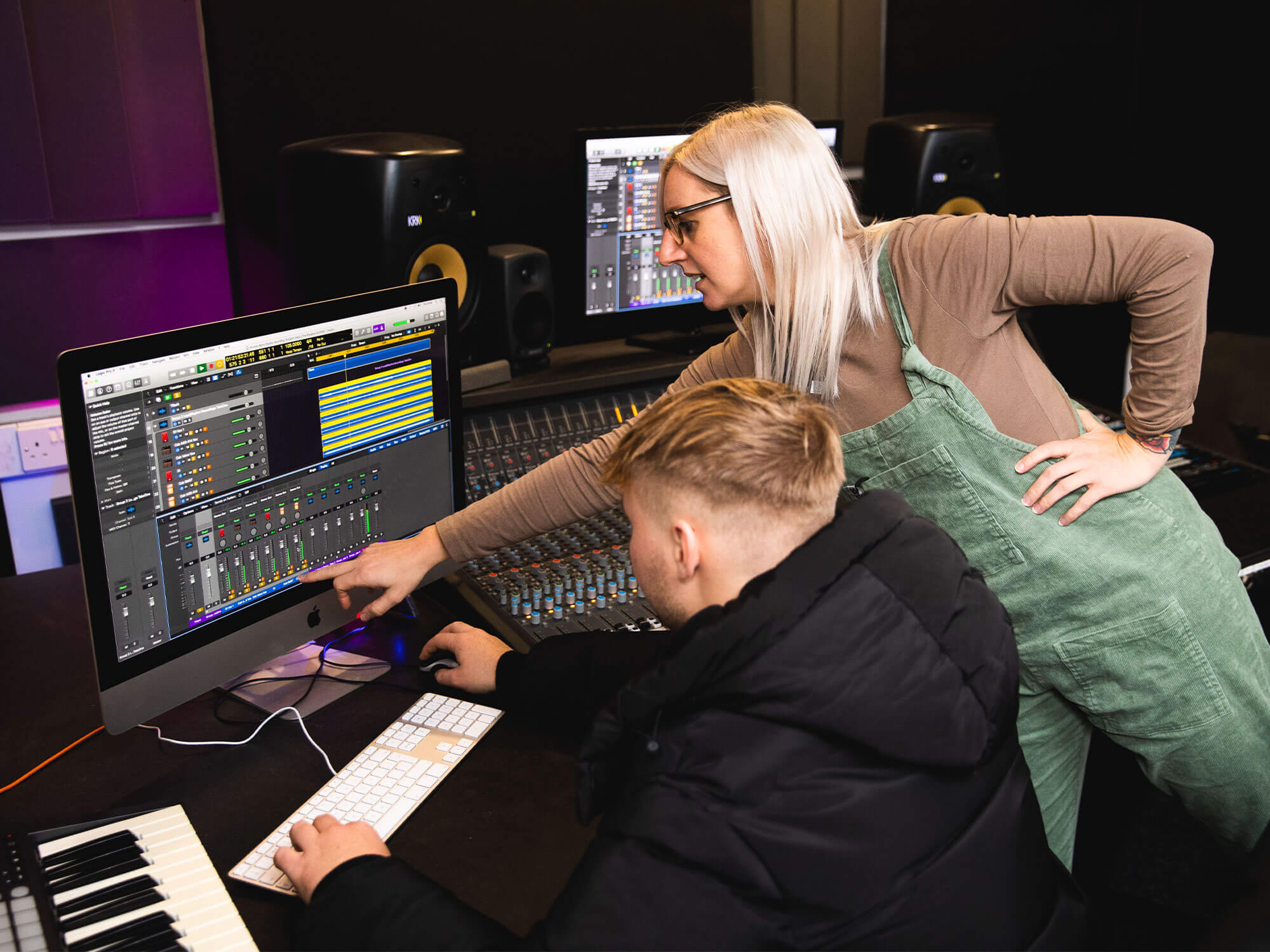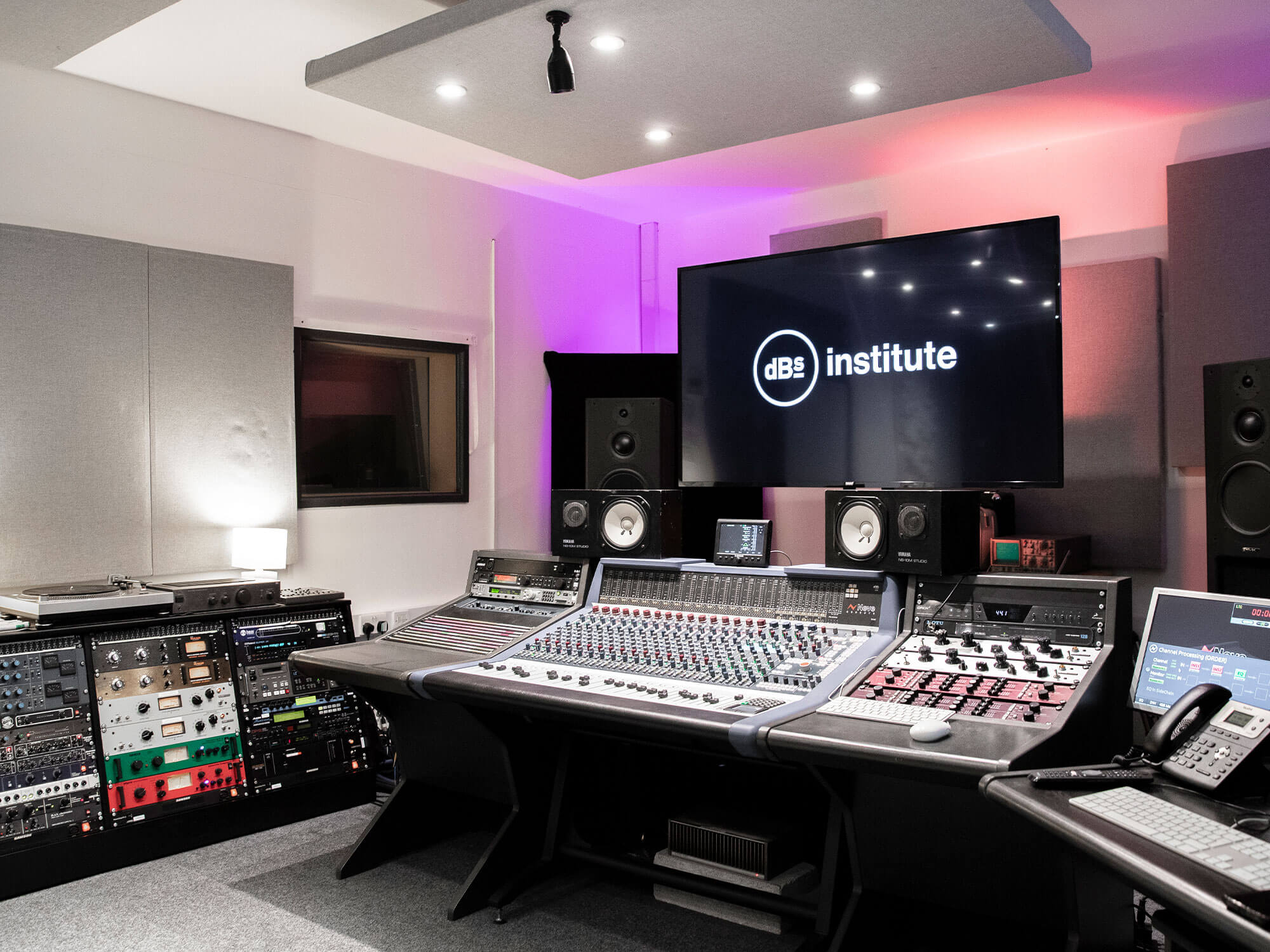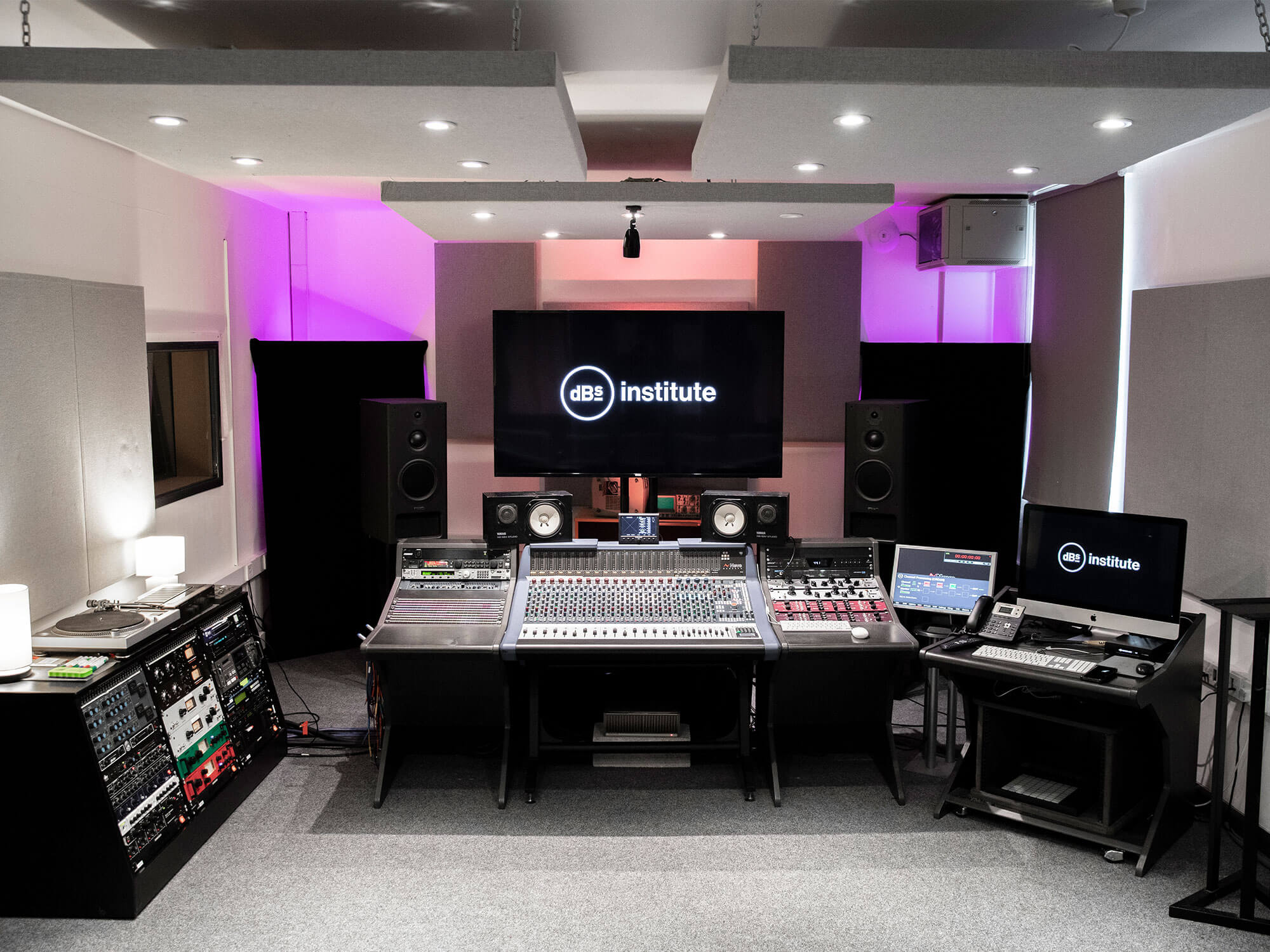Music career advice: Supermassive Games’ Orion Zane on building a portfolio and enrolling in music production courses
With credits on The Dark Pictures games Switchback VR, House of Ashes and The Devil In Me, the audio designer shares his story and offers tips for breaking into the industry

Image: dBs Institute
In partnership with dBs Institute.
What does it mean to be a music producer? Is it all about making beats and DJing clubs and festivals? Not quite. Some producers may venture into sample pack and preset creation, film and TV scoring, foley design, or music software creation. One viable route that’s rapidly becoming desirable is video game audio design. As the budget for AAA games continues to expand, opportunities in video game studios’ sound departments expand, too.
Orion Zane, a graduate of dBs Institute’s Sound for Games and Apps course, is carving his path as a sound designer for Supermassive Games. So far, Orion’s worked on titles in The Dark Pictures catalogue, including Switchback VR, House of Ashes and The Devil In Me, and is thriving in the creative nature of the job.
We catch up with Orion to talk about his journey into game audio design, how he benefitted from enrolling in the course at dBs Institute, and the advice he has for those looking to pursue a career in music.
Hi Orion! What does your role as a video game sound designer entail, exactly?
As an audio designer at Supermassive Games, my specific role involves designing sound effects, foley, and ambiences. I have a particular interest in creating dynamic ambience systems and spatial audio.
What do you love about being an audio designer?
I absolutely love the creativity and immersive nature of my job. Creating a dynamic and evolving soundscape that responded to the player’s actions in the game is incredibly fulfilling. I am also a big horror fan, so working in spooky environments is very fun. You know the jumpscares work when you forget you put it in and it catches you off guard later on in the development process.
Have there been any stand-out moments for you in your career?
I have been lucky enough to work on a few games here for the 2 years I have been here. House of Ashes was the first, The Devil in Me, and most recently Switchback VR which was a PSVR 2 launch game. The Devil in Me was fun as it was my first full cycle of a video game from start to finish. The game is based on H.H. Holmes’s (America’s first serial killer) murder castle.
We had a great opportunity to do some location recording for this project. Going to a beautifully old English manor house to record all the sounds of an old building – Doors, cabinets, footsteps, creaks, room tones, throwing a book down a corridor, we did it all. Including capturing impulse responses of many rooms in the house that we used in the game.
What sparked your passion for audio in video games? Is there sound design from a particular game, perhaps for your childhood, that inspired you?
I’ve always been a big gamer since I was young. The first game I played was Legend of Zelda on the N64 and the music in those games growing up. I started playing piano at 12 years old and got into making music and learned how to use DAWs in secondary school. During college, I spent a lot of time in the studio experimenting with my style of music – I like to create soundscapes, sonically describing places using only sound was something I loved to do over electronic projects. I think this led to me experimenting with sound design, and eventually pursuing a career in game audio.
How did dBs Institute tailor its teaching to your specialist subject?
At dBs, I studied the Sound for Games and Apps course. It was tailored to my specialist subject by providing a curriculum that covered both technical skills and artistic creativity specific to game audio. The hands-on experience was great and the teachers (shout out to Rich, Jazz and Bruce!) were very supportive, encouraging and fun to learn with.

What other career paths can be followed as a music technology enthusiast/graduate from dBS?
As a game audio graduate from dBs, I know that there are a variety of courses that cater to various career paths. Such as music production, audio engineering, film and screen sound, and game audio.
Would you say you’re doing what you love? What are the benefits of working in a job you’re passionate about?
Yes, I can confidently say I’m doing what I love. Working in a job I’m passionate about allows me to stay motivated, continually learn, and push my creative boundaries. The audio team here at SMG are very close, I see them all as friends more than colleagues, so it makes work fun seeing them everyday and cracking on.
What advice would you give to anyone wanting to get into video game sound design?
For anyone aspiring to get into video game sound design, I would recommend building a strong portfolio showcasing your skills and collaborating on small indie game projects and game jams. Reach out to people! There are many resources and people to speak to when learning game audio – A good place to start would be to join the AirWiggles community and go to your local game audio monthly meetups.
What would you say to anyone thinking of enrolling on a dBs Institute course?
It’s a fantastic opportunity to receive specialized training and kickstart your career in the audio industry, plus Bristol is a great city to involve yourself in audio and to be creative! If you would like to know more about game audio, feel free to get in touch – you can find me on LinkedIn.
